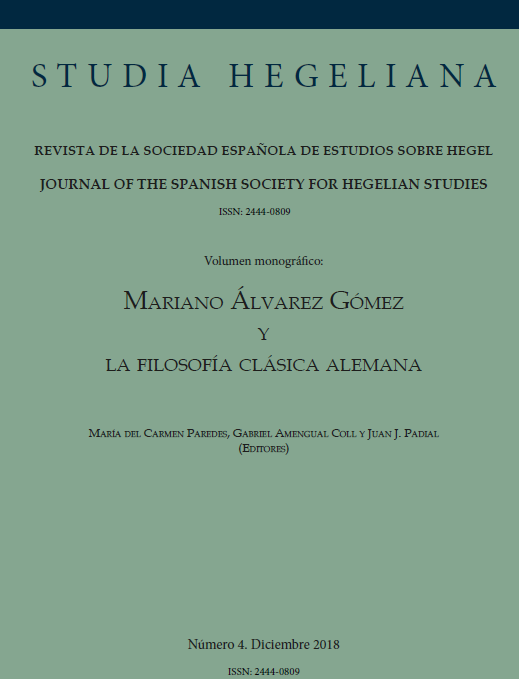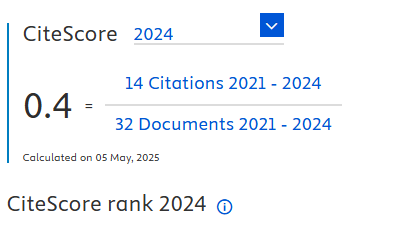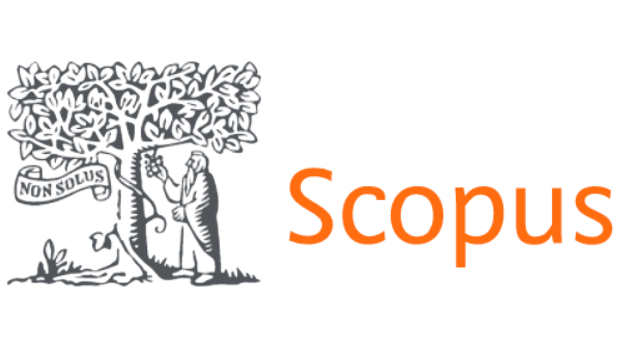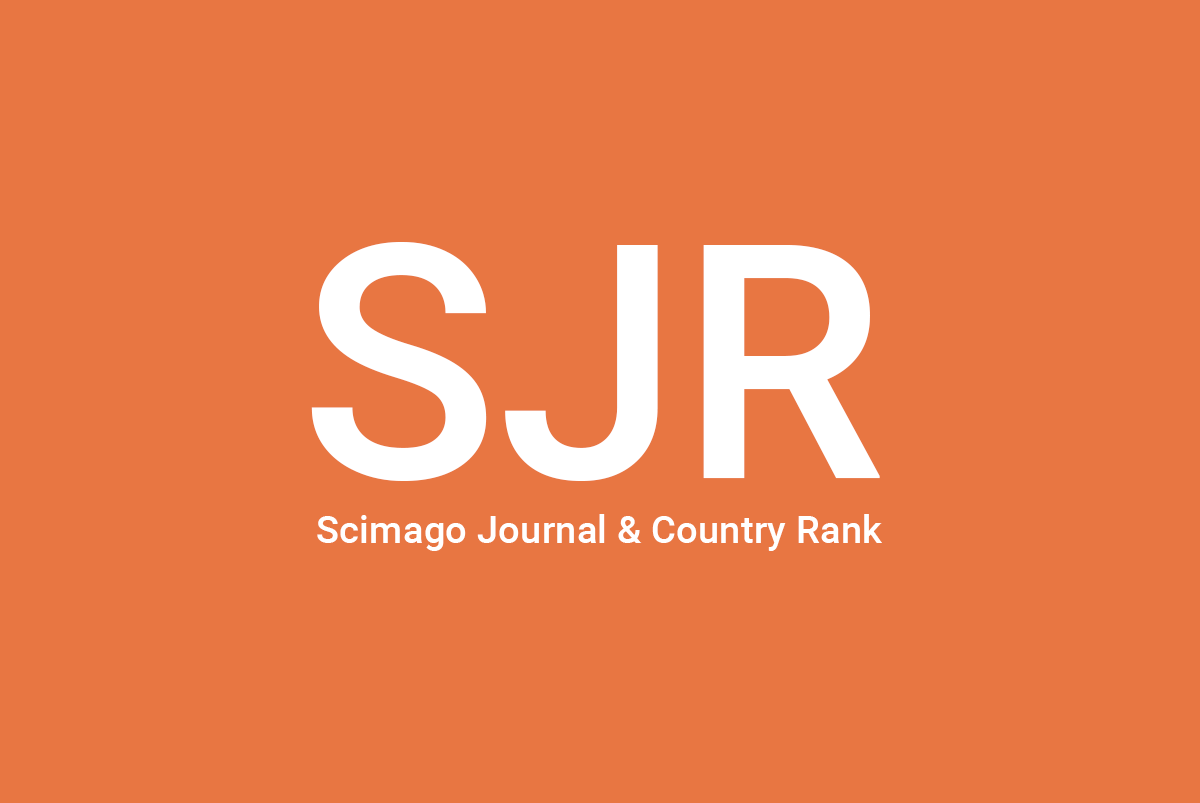Theory of Knowledge and Dialectical Experience in Hegel’s Introduction to the Phenomenology of Spirit
DOI:
https://doi.org/10.24310/stheg.4.2018.11385Keywords:
HEGEL, EXPERIENCE, INTRODUCTION TO THE PHENOMENOLOGY OF SPIRIT, MARIANO ÁLVAREZ-GÓMEZAbstract
Relating to Mariano Alvarez-Gomez’s book, Experiencia y sistema: introductión al pensamiento de Hegel, this article studies the concept of experience in Hegel’s Introduction to the Phenomenology of Spirit. Seven absurdities that Hegel ascribes to the traditional epistemology are presented, leading thus to its replacement by a new paradigm of knowledge, namely that of the “shape of consciousness”. Knowledge is therefore studied from the phenomenological point of view, where consciousness experiences its object and itself through the successive reshaping of the very standard which, at each moment, defines truth. As a conclusion, and according to this dialectical redefinition of experience, it is reaffirmed that dialectics is experience brought at the level of the concept, and Alvarez-Gomez’s thesis that for Hegel knowledge is grounded on experience.
Downloads
Metrics
Publication Facts
Reviewer profiles N/A
Author statements
Indexed in
-
—
- Academic society
- N/A
- Publisher
- Universidad de Málaga
References
de Hegel. Salamanca: Universidad Pontificia.
Ferrer, D. 2016: A génese do significado: Introdução ao pensamento de Hegel. Porto:
Fundação Eng. António de Almeida.
Hegel, G. W. F. 1980: Phänomenologie des Geistes. Gesammelte Werke. Vol. 9.
Hamburg: Felix Meiner.
Hegel, G. W. F. 1992: Enzyklopädie der philosophischen Wissenschaften im Grundrisse.
Gesammelte Werke. Vol. 20. Hamburg: Felix Meiner.
Jäschke, W. 2010: Hegel-Handbuch. Stuttgart – Weimar: Metzler.
Manca- Magri - Ferrarin (eds.) 2015: Hegel e la fenomenologia trascendentale.
Pisa: ETS.
Pippin, R. 2008: «Eine Logik der Erfahrung? Über Hegels Phänomenologie des
Geistes». In. Vieweg – Welsch (eds.): Hegels Phänomenologie des Geistes: Ein
kooperativer Kommentar zu einem Schlüsselwerk der Moderne. Frankfurt a.M.:
Suhrkamp, pp. 13-36.
Reinhold, K. L. 2013: Versuch einer neuen Theorie des menschilichen
Vorstellungsvermögens. Gesammelte Schriften. Basel: Schwabe.
Russon, J. 2011: «The Project of Hegel’s Phenomenology of Spirit». In Houlgate - Baur
(eds.), A Companion to Hegel. Chichester: Wiley-Blackwell.
Sedgwick, S. 2008: «Erkennen als ein Mittel. Hegels Kant-Kritik». In: Vieweg -
Welsch (eds.): Hegels Phänomenologie des Geistes: Ein kooperativer Kommentar
zu einem Schlüsselwerk der Moderne, Frankfurt a.M.: Suhrkamp, pp. 95-111.
Siep, L. 2000: Der Weg der »Phänomenologie des Geistes»: Ein einführender Kommentar,
Frankfurt a.M.: Suhrkamp.
Winfield, R. D. 2013: Hegel’s Phenomenology of Spirit: A Critical Rethinking in
Seventeen Lectures. Lanham: Rowmann and Littlefield.
Winfield, R. D. 2014: Hegel and the Future of Systematic Philosophy. New York:
Palgrave.
Downloads
Published
How to Cite
Issue
Section
License

This work is licensed under a Creative Commons Attribution-NonCommercial-ShareAlike 4.0 International License.
This journal provides immediate free access to its content under the principle of making research freely available to the public. All contents published in Studia Hegeliana. Journal of the Spanish Society for Hegelian Studies, are subject to the Creative Commons Attribution-NonCommercial-ShareAlike 4.0 licence (specifically, CC-by-nc-sa), the full text of which can be found at <http://creativecommons.org/licenses/by-nc-sa/4.0>. Derivative works are therefore permitted as long as they are not used for commercial purposes. The original work may not be used for commercial purposes. The journal is not responsible for the opinions expressed by the authors of the works published in it.
It is the authors' responsibility to obtain the necessary permissions for images that are subject to copyright.
Authors whose contributions are accepted for publication in this journal retain the copyright. It is non-exclusive right to use their contributions for scholarly, research and educational purposes, including self-archiving or deposit in open access repositories of any kind.
Since volume 7 of 2021 the journal Studia Hegeliana has changed the copyright. Since that year the authors have retained the copyright.
The electronic edition of this journal is published by the Editorial de la Universidad de Málaga (UmaEditorial), being necessary to cite the source in any partial or total reproduction.







244.png)






















